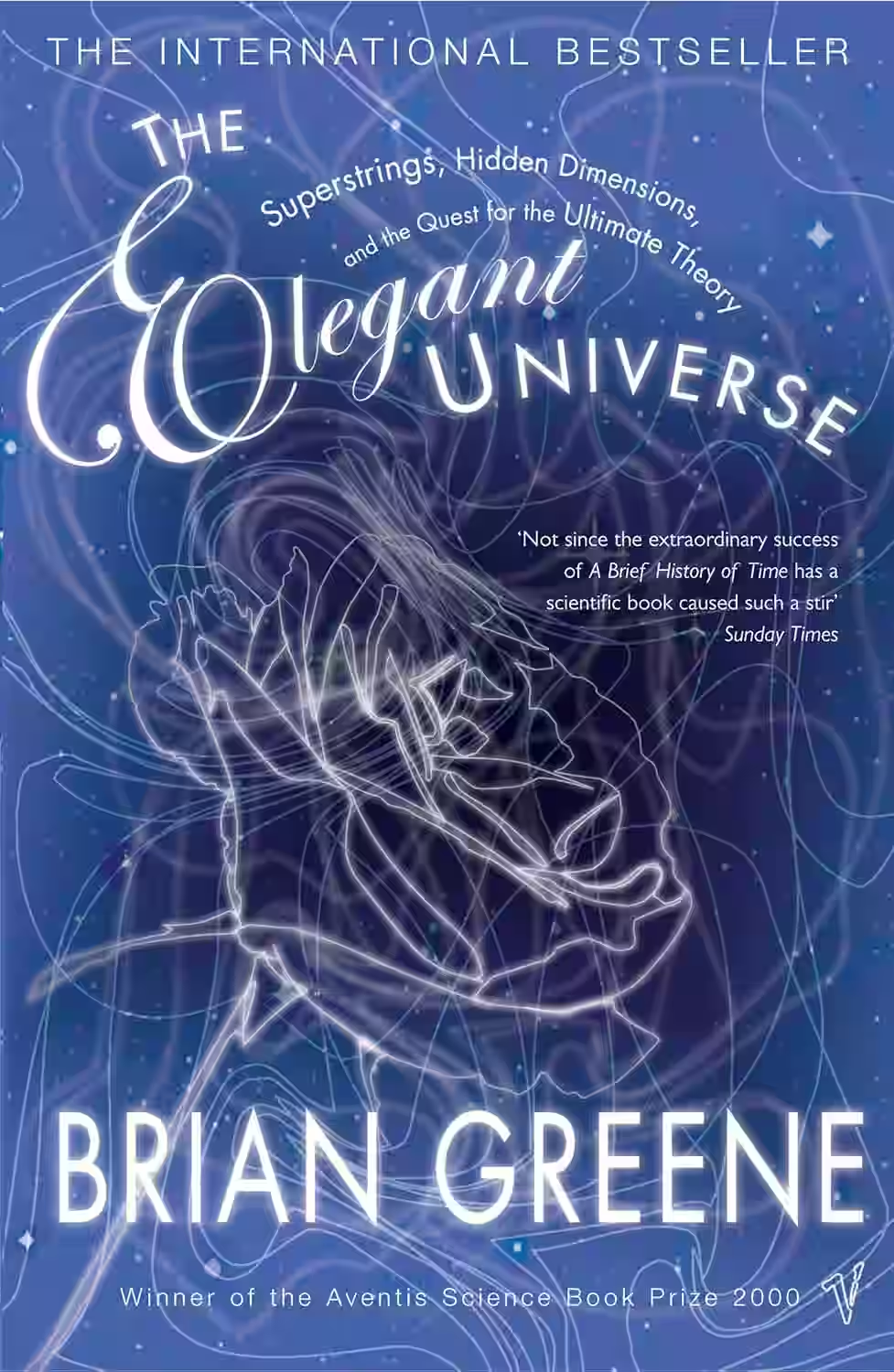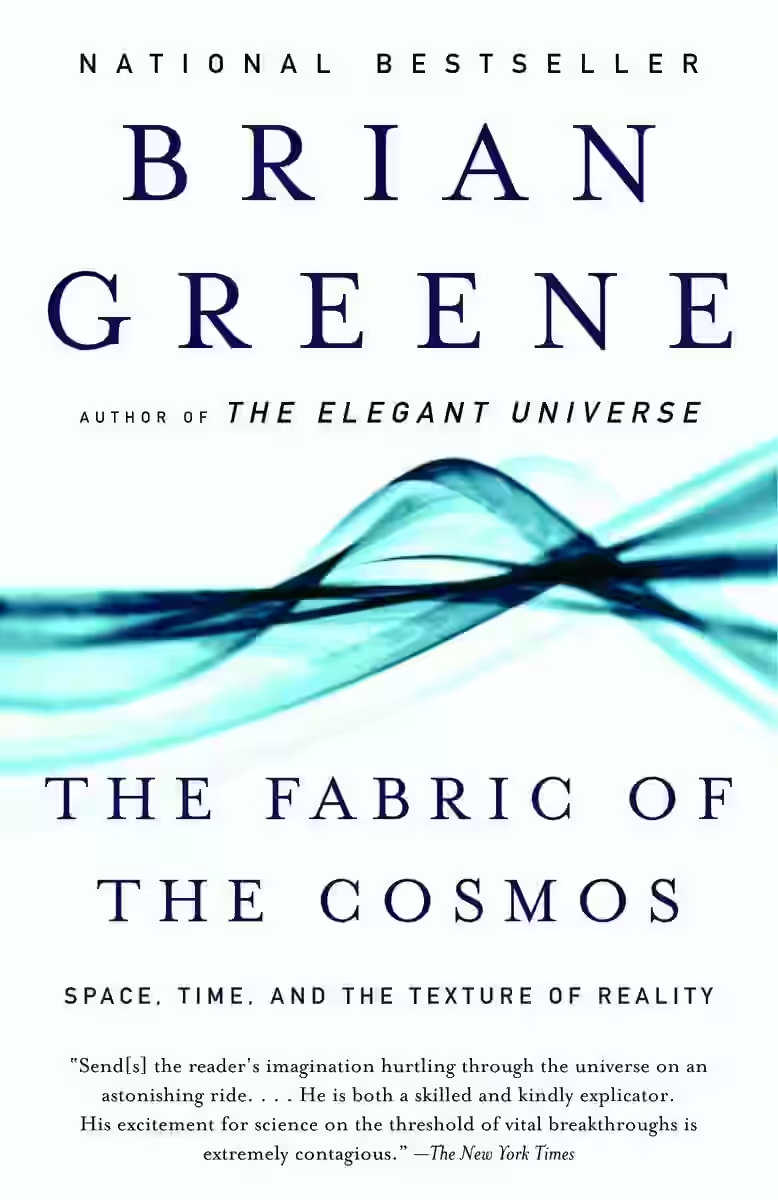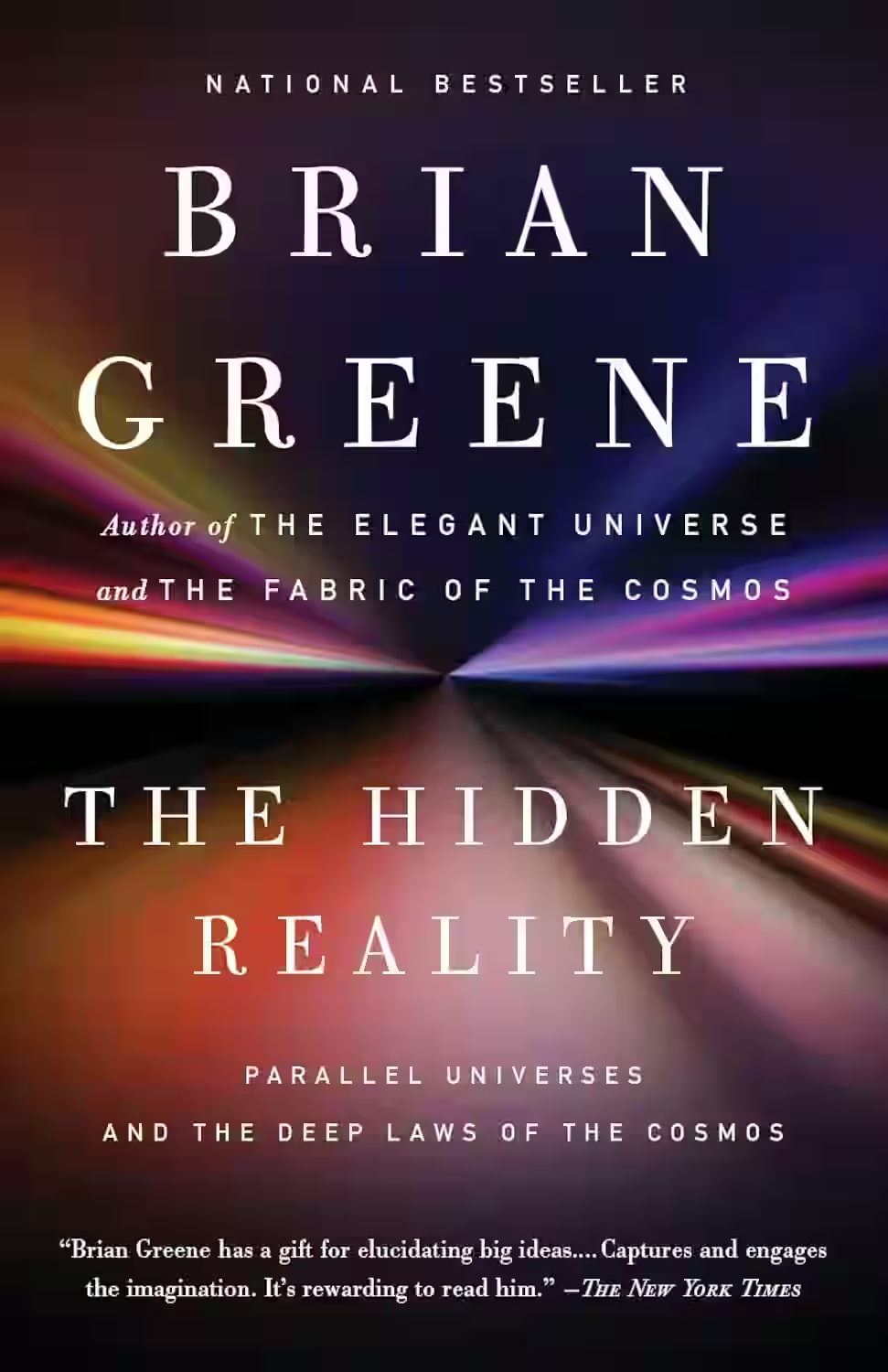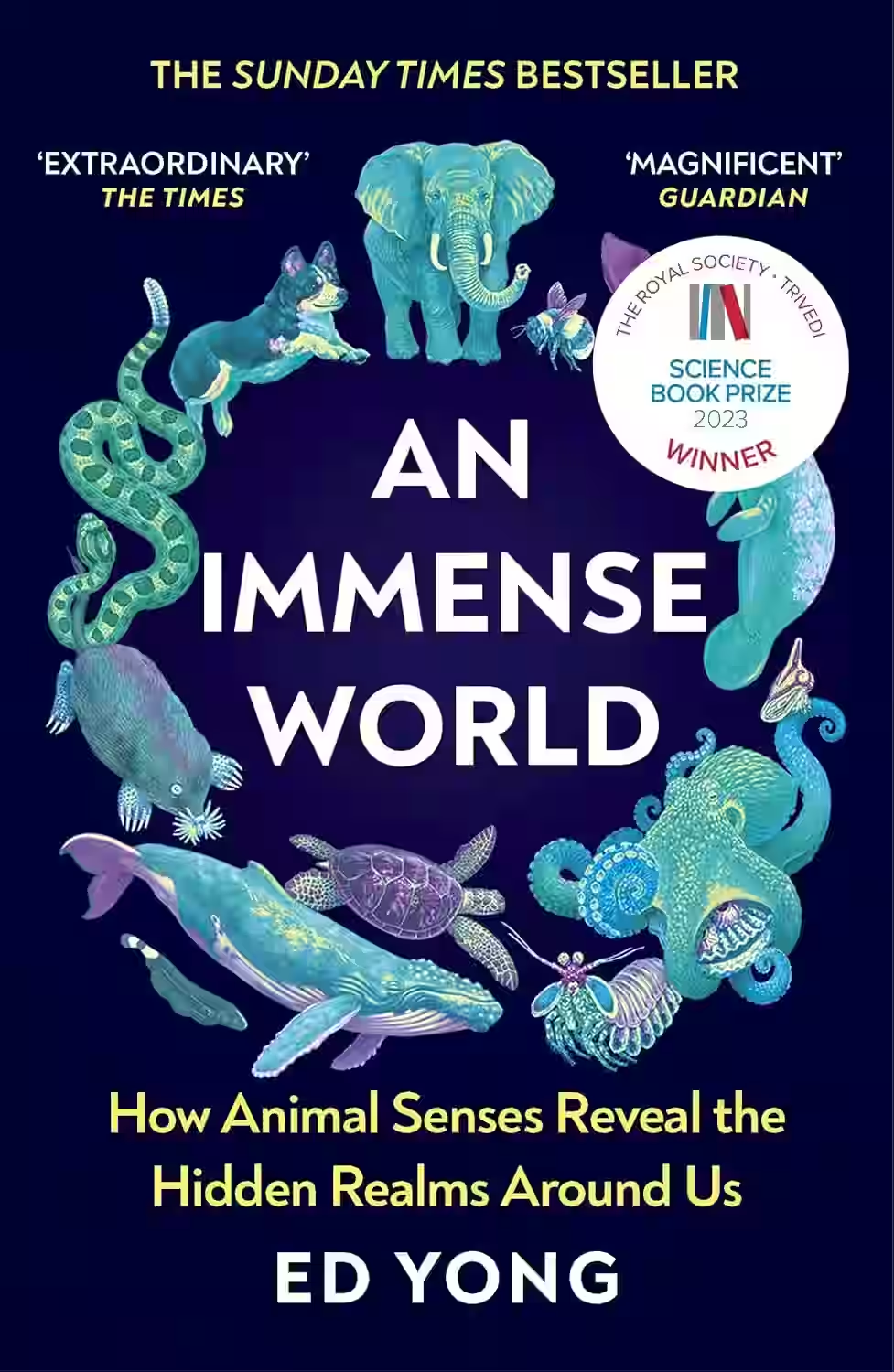
In 'The Elegant Universe' by Brian Greene, readers are taken on a captivating journey through the complex realms of physics and string theory. Greene masterfully weaves together theoretical physics and practical explanations, making profound concepts accessible to a wide audience. Through discussions on general relativity, quantum mechanics, and the search for a unified theory of everything, Greene explores the fundamental nature of reality and the intricate fabric of the universe. The book delves into the minuscule world of strings and extra dimensions, offering a thought-provoking exploration of the cosmos. 'The Elegant Universe' is a mind-expanding read that challenges perceptions and ignites curiosity about the mysteries of the universe.
About Brian Greene
Brian Greene is a renowned theoretical physicist, mathematician, and author known for his contributions to the field of string theory. Born on February 9, 1963, in New York City, Greene received his education from Harvard University and Oxford University. His groundbreaking books, including 'The Elegant Universe' and 'The Fabric of the Cosmos,' have brought complex scientific concepts to a wider audience, making them accessible and engaging. Greene's ability to blend science and storytelling has had a profound impact on popularizing physics and inspiring readers to explore the mysteries of the universe. As a gifted communicator, he continues to shape our understanding of the cosmos through his writing and presentations.
Other Books by Brian Greene

The Fabric of the Cosmos: Space, Time, and the Texture of Reality
by Brian Greene
In 'The Fabric of the Cosmos: Space, Time, and the Texture of Reality', renowned physicist Brian Greene unravels the intricate tapestry of the universe, weaving together concepts of space, time, and the very essence of reality itself. Through a brilliant blend of storytelling and scientific inquiry, Greene explores mind-bending ideas like string theory, quantum mechanics, and the nature of black holes in a way that captivates both scientific enthusiasts and general readers. This book takes readers on a journey through the most profound questions about the cosmos, challenging perceptions and expanding horizons. Greene's clear and engaging prose makes complex theories accessible, inviting readers to ponder the very fabric of existence.

The Hidden Reality: Parallel Universes and the Deep Laws of the Cosmos
by Brian Greene
In 'The Hidden Reality: Parallel Universes and the Deep Laws of the Cosmos,' Brian Greene takes readers on a mind-bending journey through the concept of parallel universes and the fundamental laws that govern our cosmos. Through accessible language and engaging storytelling, Greene explores various theories, from the multiverse to string theory, shedding light on the theoretical possibilities that lie beyond our observable universe. By delving into cutting-edge physics and cosmology, Greene invites readers to expand their understanding of reality and contemplate the profound implications of parallel universes. This book challenges conventional thinking and ignites curiosity about the mysteries of the universe.
Similar Books

Surely You're Joking Mr Feynman
This warm and insightful portrait captures the wisdom, humor, and boundless curiosity of Nobel Prize-winning physicist Richard Feynman through intimate conversations with his friend Ralph Leighton. Beyond his groundbreaking theoretical work, Feynman was a man of adventure – an artist, safecracker, practical joker, and captivating storyteller. His life, fueled by high intelligence, unyielding curiosity, and healthy skepticism, was a series of remarkable experiences. These recorded conversations, transcribed with minimal alteration, offer a wise, funny, passionate, and utterly honest self-portrait of one of the 20th century's most brilliant and engaging minds.

What Do You Care What Other People Think?
Richard Feynman, Nobel laureate and icon, was a genius with an insatiable appetite for adventure and a remarkable talent for storytelling. This collection of short pieces and reminiscences reveals his diverse passions, from his appreciation of beauty to his college antics and the unique lessons imparted by his father. Feynman takes us behind the scenes of the Challenger investigation, vividly recounting his pivotal experiment that exposed the disaster's cause. He also shares the poignant story of meeting his beloved first wife, Arlene, and their brief, cherished time together. Infused with Feynman's characteristic curiosity and zest for life, these writings are both deeply moving and wonderfully humorous.

An Immense World: How Animal Senses Reveal the Hidden Realms Around Us
by Ed Yong
An Immense World: How Animal Senses Reveal the Hidden Realms Around Us by Ed Yong is a captivating exploration of the myriad ways animals perceive their environments. Yong introduces readers to the concept of the Umwelt, the unique sensory world each species inhabits. Through engaging narratives, he delves into extraordinary sensory abilities: turtles navigating via Earth's magnetic fields, beetles detecting fires from miles away, and scallops possessing dozens of eyes. Yong's vivid storytelling not only illuminates these hidden realms but also underscores the impact of human-induced sensory pollution on wildlife. Celebrated for its insightful prose, the book earned the 2023 Andrew Carnegie Medal for Excellence in Nonfiction and was named one of The New York Times' "10 Best Books of 2022" .

The Pleasure of Finding Things Out
This collection celebrates the remarkable achievements of Nobel Prize-winning scientist Richard P. Feynman, whose work profoundly reshaped our understanding of quantum electrodynamics. "The Pleasure of Finding Things Out" is a magnificent compilation of Feynman's finest short works, encompassing interviews, speeches, lectures, and articles. Offering an intimate and captivating glimpse into an extraordinary life dedicated to science, this wide-ranging treasury explores Feynman's thoughts on science in culture and includes his insightful Nobel Prize acceptance speech. It's a fascinating read for anyone intrigued by the power of ideas and the scientific mind.